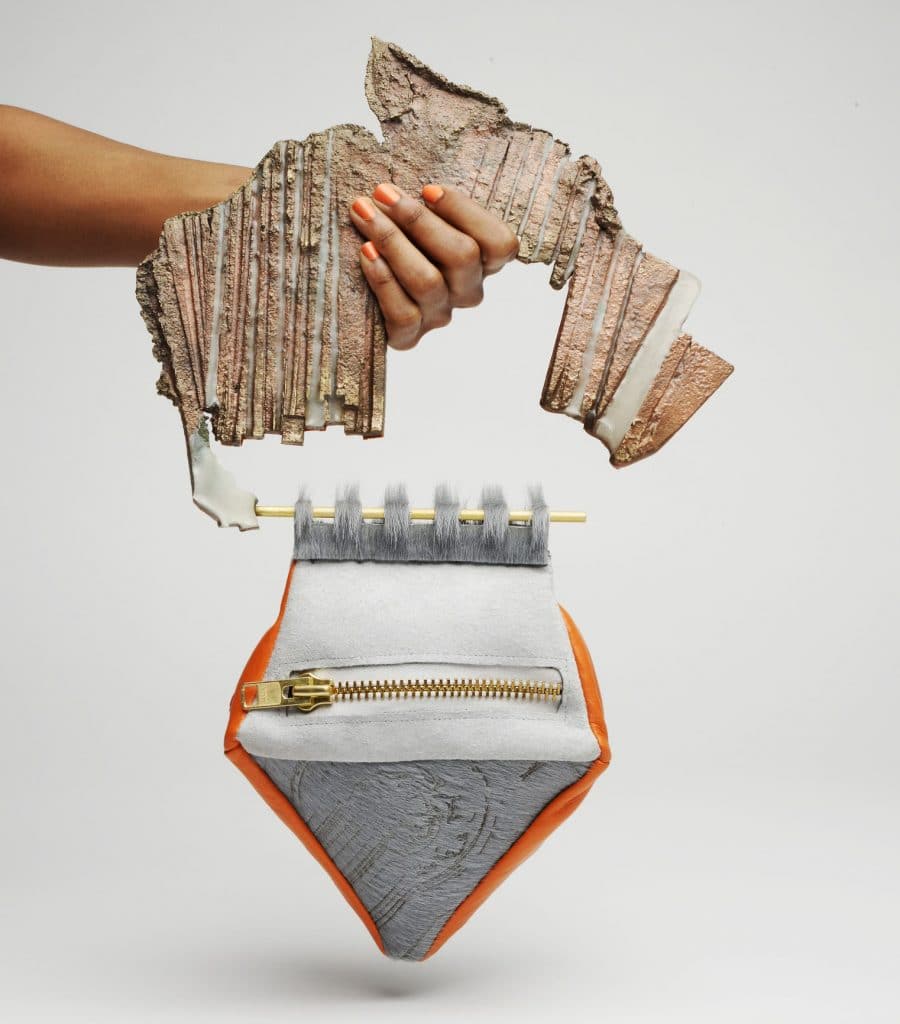Setting the scene

Across time our creative output has given the UK weight globally with our constant appearance in films, cutting edge design, architecture, and music that continually push the boundaries. The UK is the 3rd largest exporter of creative goods amongst developed economies. With its creative footprint the UK has consistently been in the global public’s consciousness, spreading our brand and way of life across the world; and back home that translates into tangible economic benefits (~£90 billion a year).
But how long can that last? Emerging economies are home to 6 billion people, and have accounted for 80% of global growth since 2008. China has lifted 600 million people out of poverty in the last 30 years and now has a bustling middle class the entire size of the US population. With emerging markets becoming increasingly competitive, is our golden creative age coming to an end?
China’s Rise

China alone makes up 25% of the global market for video games, internal revenues from live entertainment and theatre is booming (£1.9 billion in 2015, up 9% from 2014), and music concerts and festivals have increased up 24%. This has been fueled by China’s ‘Go Out’ policy, which encourages China’s economic, political and cultural interests overseas, IP and copyright reforms, and a 5-year plan which focuses on “Everyone is an entrepreneur, creativity of the masses”.
Worth noting that China is one of the many nations focusing on building their creative economy – to that you can add India, Turkey, Mexico, Nigeria…so how can we as a nation ensure our creative industries remain global leaders?
Plan for the Long Term

With China looking up to 30 years ahead, we can’t afford to be short-sighted; allowing our industries to flourish in this environment demands a re-evaluation of how we support our economy in the longer term.
Hunger for our creative content is increasing across the world. We need to ensure we grab the opportunity of collaborating with these new growth markets, and carefully carve trade partnerships that ensure our continued economic growth. This is of vital more importance for the UK now that our relationship with Europe is being fundamentally challenged.
Catalyse Funding Opportunities

Theirs no denying it, public funding for the creative industries is drying up. Tax breaks have gone a long way into facilitating alternative cash flow into the sector and attracting international projects to the UK (Star Wars being one of them).
EIS and SEIS schemes, as well as crowdfunding, have helped prop up grassroots funding for new initiatives. But these models need to be further simplified, made more obvious and cover a wider remit to allow funding to flow more readily into the sector.
Balance IP Rights and Freedom of Expression

Our success is driven by the diversity and talents of our population – the UK has attracted some incredible talent from across the globe. It will be important to continue valuing their input to our industry.
As well as this, being able to secure IP is the cornerstone of protecting our talent’s income; but we should proceed with caution since it can just as well restrict our creative output. Copyright was created to protect the creator and has slipped over time to protect the institutions that own their content. A careful re-balancing of intellectual property could boost our ability to create and put the income back into the creator’s hands.
Support the Talent Pipeline

Past decades have seen an erosion of creative subjects within our curricula. We need to reevaluate the needs of future generations and pivot education to best serve them.
It’s not just about education – supporting emerging talent as they develop is pivotal to the future of our economy – this could be done through accelerators, a dedicated funding body which covers all the facets of the creative economy (currently we have bodies specializing in specific industry sectors such as UKIE, ACE, BFI) and recognizing their challenges across the UK.
We’re hoping to do our part with our Emerge Awards.
Let us know you want us to write more content like this with a love!
Share

Guy Armitage is the founder of Zealous and author of “Everyone is Creative“. He is on a mission to amplify the world’s creative potential.





